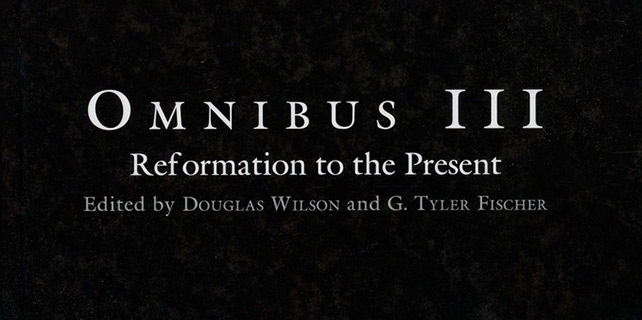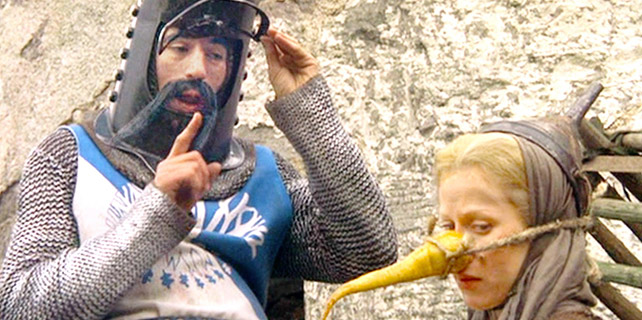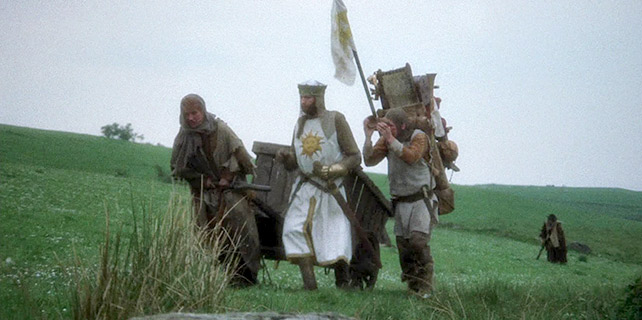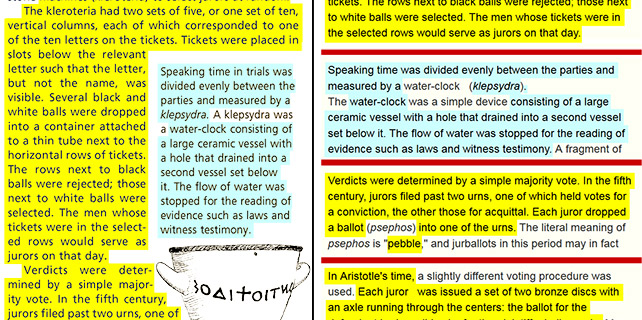Facile comparisons between college term papers and published books need to quit being quite so facile. They may continue as legitimate comparisons, just not in facile-mode. When a college student finds some sparkling prose online, and plonks it down in the middle of his otherwise tepid paper, making the stolen portion flash like a strobe light at the instructor, everybody knows that this is simple intellectual theft, clumsily done. That kind of straight across plagiarism can happen with books also, and does, with depressing regularity.
Douglas Wilson
“Christ, who gave His life for the greater glory of mankind.” — Douglas Wilson, General Editor
A Contemplation for Evensong
The good news for Douglas Wilson, Ty Fischer, and Veritas Press is that Christ gave his life for the sins of the world.






